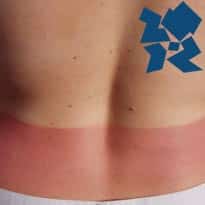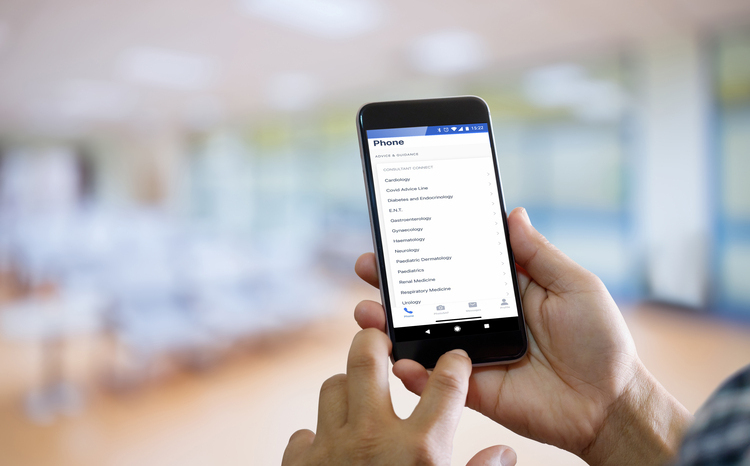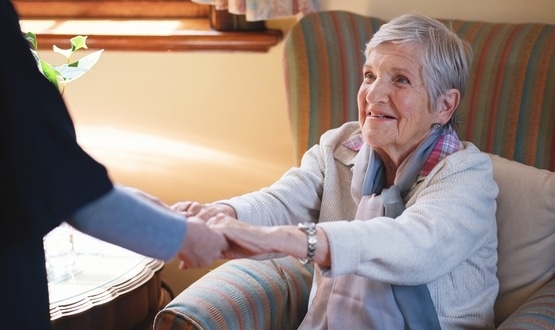Burns project in place ahead of Olympics
- 23 July 2012

A Queen Victoria Hospital telemedicine project for diagnosing burns injuries has been rolled out to three other specialist units in London and the South in time for the Olympics.
Using telemedicine, burns clinicians from the specialist hospital can review photos of injuries anytime and anywhere to assess the best course of action for the patient.
The system involves people in referring units operating everyday digital cameras worth about £100 and uploading the images to a secure website in a similar way to Facebook or Flickr.
Queen Victoria Hospital telemedicine clinical coordinator Gary Taylor said non-specialists tend to over-estimate the amount of burn tissue.
Specialists can identify the actual extent of any damage and decide whether to bring a patient in or leave them where they are.
If a patient needs to be transferred, staff at the unit are ready for them and know what injury to expect.
The project was started in 1999 with a £100,000 grant from the Department of Health.
In November last year, it got another £350,000 in funding from the London and South East Burns Network to extend to the three other burns units in London and the South in time for the Olympics.
The website was also improved to make it “cleaner and easier to use."
Taylor said the next roll-out is to the 200 or so centres that refer to the hubs, which could take about two years.
“We have set up all four hubs across the London and South East Burn Network and are in the process of rolling out to the major trauma centres in the South prior to the start of the Olympics.
"This will allow the trauma centres to pass images to their local burns centre if a major incident should occur,” he explained.
Training has also been given to ambulance staff to be able to dress wounds in the home of a patient with pictures sent in real time and diagnosed by a specialist.
Ambulance staff have a lap top that connects directly to the ambulance service network using a mobile phone and receive treatment instructions from clinicians.
The resource savings on potentially long ambulance journeys and the benefit to patients of not being unnecessarily moved are “huge”, Taylor said.
He explained that it is difficult to quantify the benefits of the telemedicine project, but an informal audit found 85% of patents were referred to the unit when using telemedicine while in the past 100% would have been transferred.
Burns are particularly visual so work well with telemedicine. The unit also uses the imaging system for hand and maxillofacial injuries.
In 2011, almost 8000 referrals were made to Queen Victoria Hospital using telemedicine.
He said similar networks such as the stroke network cost considerably more because they are much more technology intensive.
“You have to keep it as simple as possible, as idiot proof as possible – and generally people really love it because it’s so easy to use,” said Taylor.
On-call clinicians can now check the severity of an injury while still at home in bed and decide if the patient needs to go to hospital urgently or stay where they are and be seen the following day.
A number of other burns and plastics units around the country are interested in adopting the technology, Taylor added.





